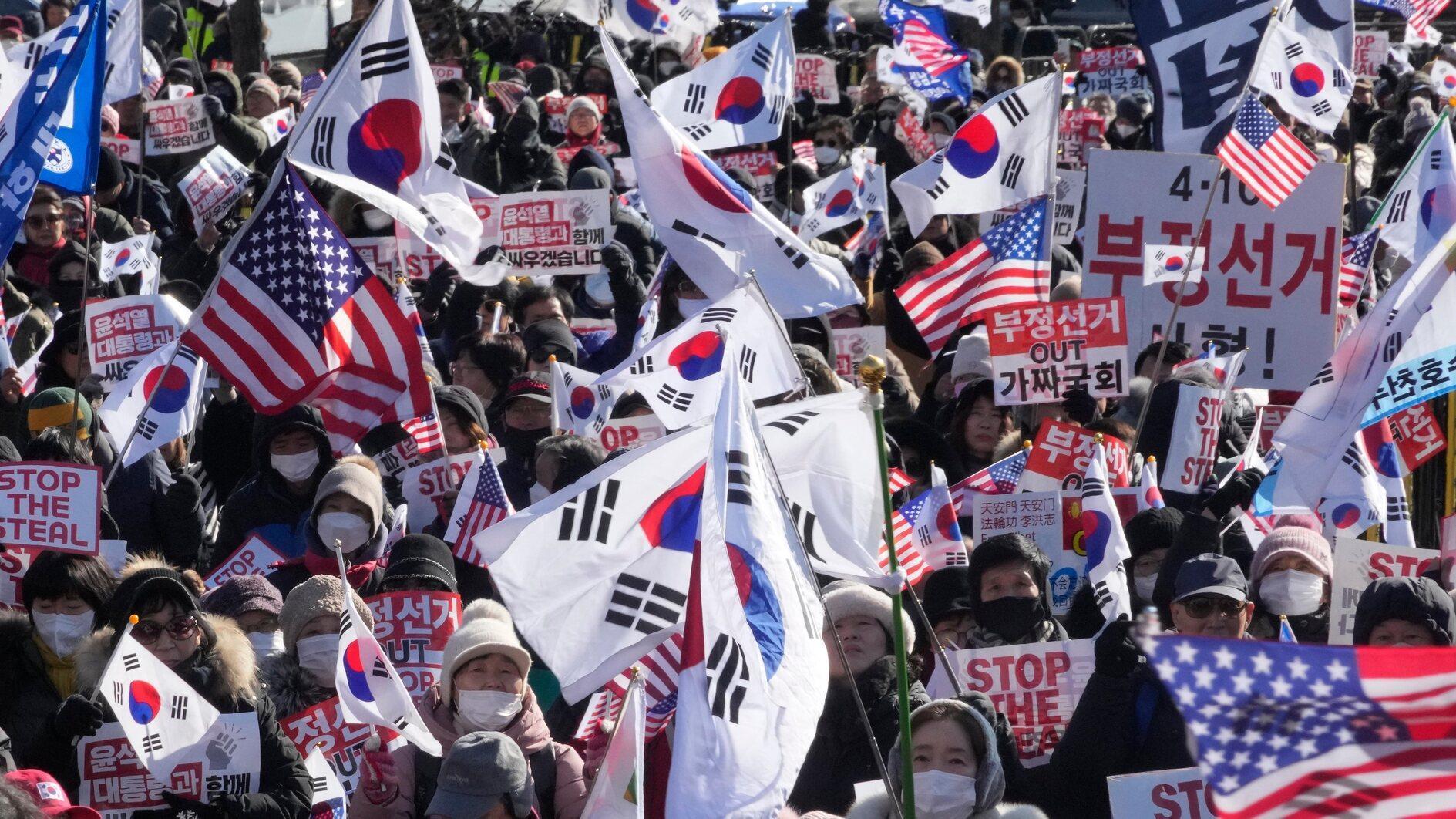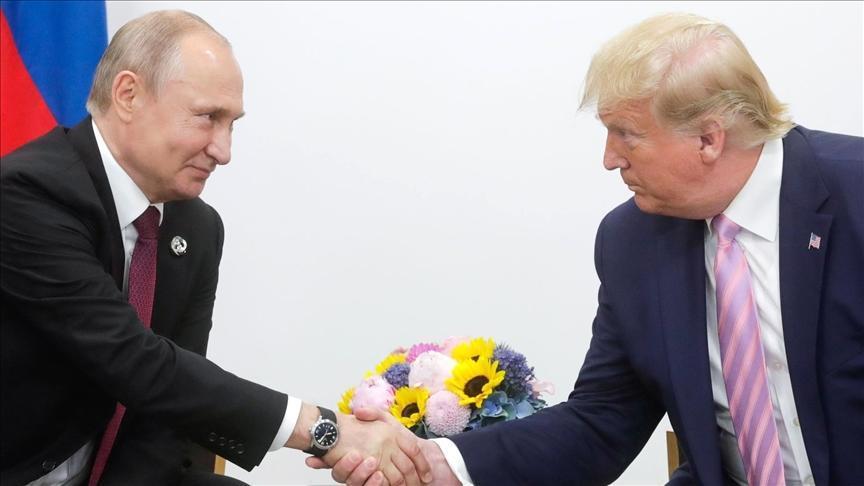Turkish bar union files lawsuit against regulation lifting investigation secrecy
ANKARA

TBB President Metin Feyzioğlu speaks at a press conference. AA photo
The Union of Turkish Bar Associations (TBB) has taken amendments made regarding the secrecy of investigation to the Council of State, demanding cancellation of the change and suspension of the execution.The TBB argued new requirements imposed to oblige those working on investigations to inform superiors violated division of powers and investigation secrecy principles as well as the Code of Criminal Procedure (CMK), in a petition filed Dec. 23.
Police officers, who normally keep the details of legal investigations secret for the safety of the case, will now be forced to inform the chiefs of their units, according to a Judiciary Police Regulation amendment announced in the Official Gazette on Dec. 21. Prosecutors have also become bound to inform the chief prosecutor about the investigations they will launch over a list of crimes including bribery, smuggling and establishment of an armed organization.
The TBB underscored that the amended regulation was not authorized to regulate the relationship between public prosecutors and chief public prosecutors.
“As the respondents are making arrangements in an area they are not authorized, the provision at issue clearly does not have a legal basis,” the petition read.
As it struggles to fight back against a corruption probe that was launched without its knowledge, the government had introduced regulation changes aimed at forcing officials working in the case to inform their superiors.
The definition of a “judiciary police head” in the regulation, which used to refer to prosecutors, has been widened to cover the “head of the judiciary police” and “the police chief with highest rank in the administrative region.”
Therefore, police officers employed in legal investigations will report all legal developments including detentions or search warrants to high-ranking officials in charge.
After scores of suspects, including the sons of three ministers, a mayor and prominent businessmen, were detained over corruption and bribery allegation a week ago, the government criticized police officers and prosecutors for executing the investigation without informing their superiors.
Deputy Prime Minister Bülent Arınç had said in a press conference on Dec. 18 it must be sad for an interior minister to be the last to learn of his son’s arrest.
Justice and Development Party (AKP) Ankara deputy Haluk Özdalga also expressed his worries over the amendment, saying the change would have a negative effect on democratic society.
“The fact that the executive has gained this wide an ability to intervene will [greatly affect] the judiciary’s independence,” Özdalga said in a written statement.
He said the regulation would make it impossible to execute an investigation if it was no supported by the political authority, particularly in cases which require the collection of a large amount of evidence.
He echoed jurists as well by saying the amendment violate both the division of powers and core of the rule of law.
“It will be harder to carry out an investigation against powerful, well-off people who have access to many spheres and gangs engaged in illegitimate activities, because the variety of ways to block the probe and tamper with evidence will be widened as they will be able to learn the details of the probe in advance,” he said.
















